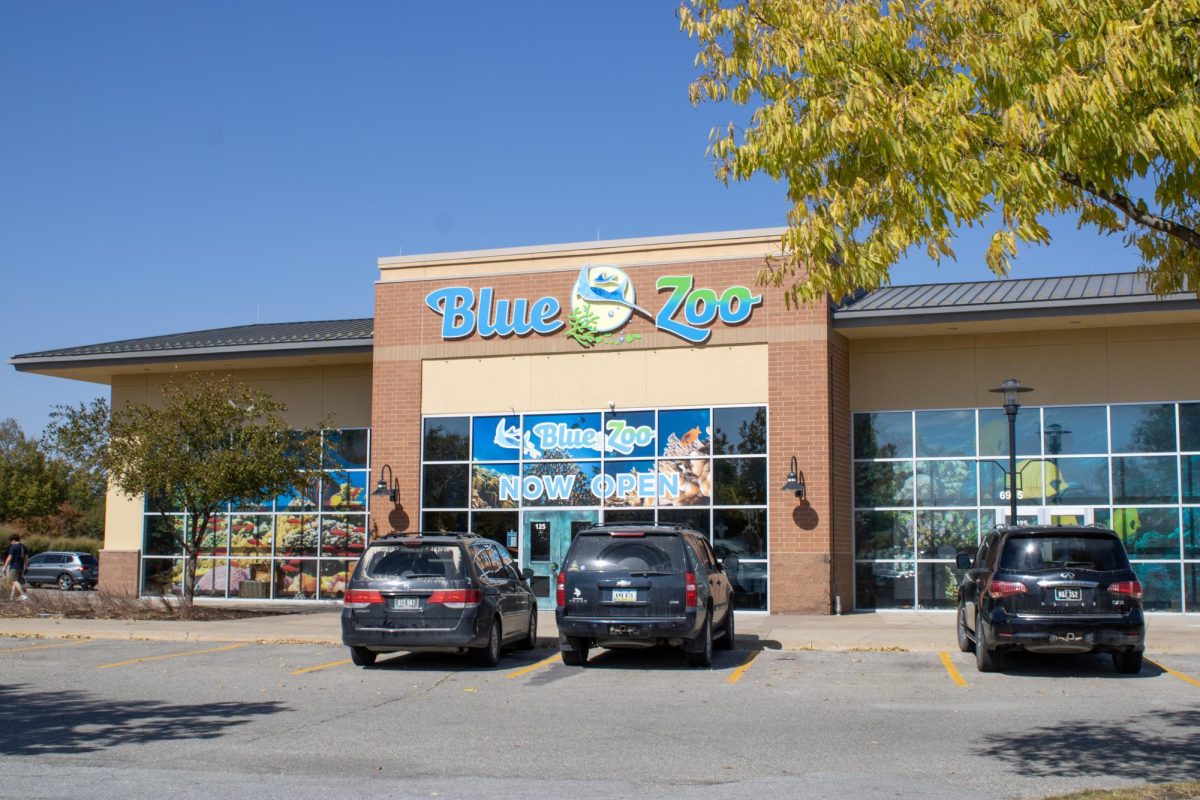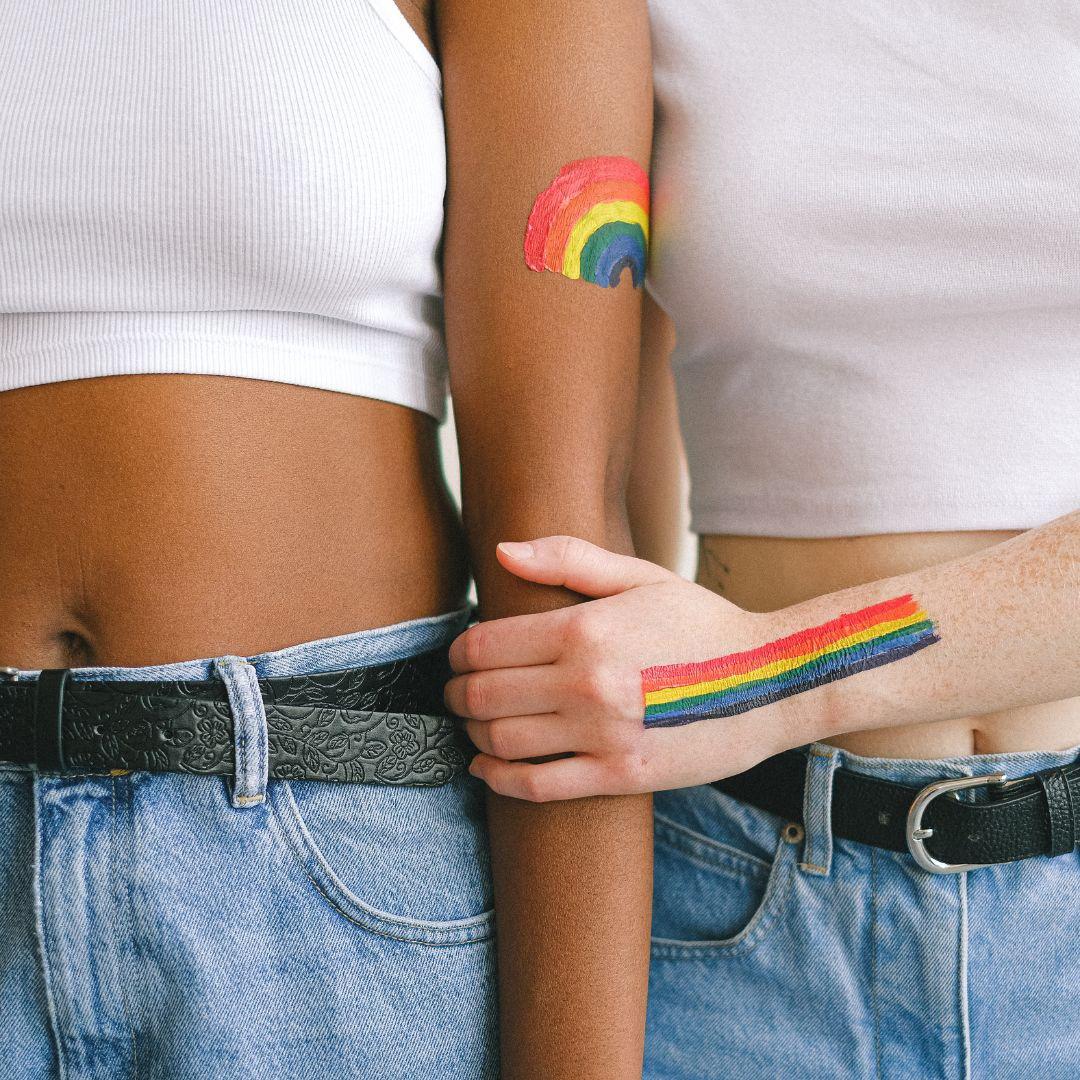Protzmann is a first-year philosophy major and can be contacted at [email protected]
There is a radical idea that I would like to propose, and I will say it outright: In a better society, there would be no drinking age.
I am sure that some people are already outraged that I would even consider such a thing. There are also others who delight in the idea of not having to risk breaking the law anymore in order to punish their livers with booze. But before you jump to conclusions about my reasoning or the questionability of my moral character, allow me to lay out my argument so that you may at least know why I believe this before you accuse me of anything.
My characterization of how America treats risqué or controversial social issues is quite simple: We are blatantly hypocritical and contradictory in how we display them to impressionable young minds. For example, we expose our children to images of scantily clad women plastered all over the various media, yet we also treat sexuality as if it is something to be ashamed of, and we teach that women are supposed to be equal. We expose our children to the anger and violence in our movies and music and then tell them to be peaceful and nonviolent. Our culture has the same approach to alcohol–we display it as some wonderful experience to be enjoyed, only to tell our children that they cannot take part until they reach a certain age.
This is critical to understand, because titillating our children with something that they cannot have only exacerbates the social tension of alcohol. The propensity to experiment and drink underage is hinged on the fact that they are constantly denied something they believe to be good. Secondly, the impulse of the youth to binge drink is such because they have never been shown or instructed on how to be responsible with an intoxicant. Metaphorically speaking, our cultural response of limiting access to these intoxicants is akin to showing a starving animal a portion of food behind a glass wall–tantalized, but delayed in its procurement of the object.
If alcohol is going to be a part of our lives, as it inevitably will be, then our culture needs to be more responsible in its handling of it. The time has come to stop being so prudish and irresponsible about the subject and make alcohol a part of one’s entire life rather than delaying it until a certain age, building up the tantalizing pressure of delayed gratification that eventually bursts forth in a series of pathetic binge drinking in teenage years. This does not mean that we should be giving children shots of liquor on their fifth birthdays; merely make the instruction on the proper consumption of intoxicants a lesson to be learned while growing up under the careful supervision of one’s parents, rather than a lesson learned covered in one’s own bile. I treat this as a cultural issue–when I claim that a better society would not have drinking laws, I say this because the better society would not have the cultural issues that we face in regards to alcohol and its laws would reflect this. I am not advocating that we should abolish alcohol laws right now in America, only that we should reform our cultural standards of alcohol. Changing the law would not change the culture, rather the reverse is true.
This, however, does not absolve those individuals that choose to sacrifice their conscious mind and reason to alcohol. In fact, the main intent of this argument is to bring about a more responsible method of our handling of alcohol at the cultural and personal level. By virtue of the fact that our capacity for reason is the only distinction between humanity and the rest of the animal kingdom, willingly and intentionally destroying this with alcohol is the most shameful of acts. This would not be a problem at the personal level for so many people if our culture changed its perspective on the handling of this subject. Therefore, I call upon all members of society to begin employing a socially responsible and more mature method of introducing the reality of intoxicants into the youth of our nation at a far earlier age, rather than allowing them to discover on their own without proper guidance as a result of our misguided legal squeamishness.





Thank you • Feb 21, 2011 at 11:24 am
Mr. Protzmann,
Thank you for saving this paper with an informed, supported, well written article. Write more.